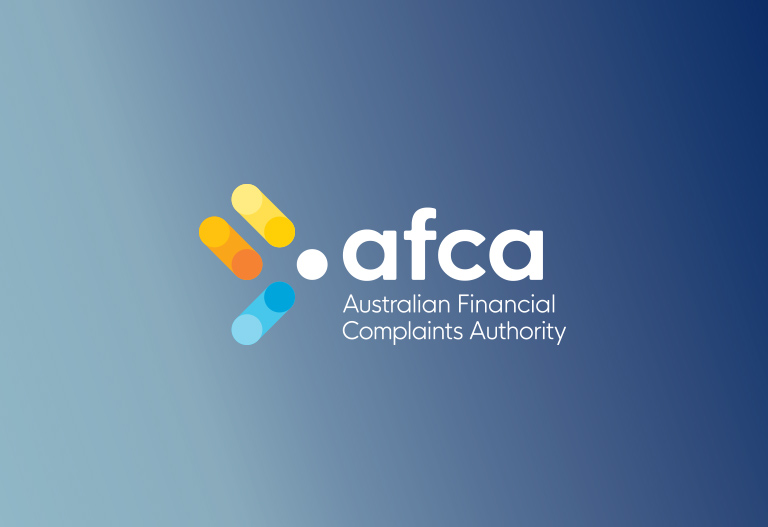Recovering your clients loss due to bad financial advice
Have you had a client experience a loss due to bad financial advice? Ensuring a clients' financial security and well-being is paramount for financial advisors and accountants. Often financial professionals such as accountants and financial advisors will know more about their client’s personal circumstances than close family, friends, and other professionals.
Recovering your clients loss due to bad financial advice
Have you had a client experience a loss due to bad financial advice? Ensuring a clients' financial security and well-being is paramount for financial advisors and accountants. Often financial professionals such as accountants and financial advisors will know more about their client’s personal circumstances than close family, friends, and other professionals. Clients rely on their advisor to guide them through important financial decisions. But what happens if the client has already been involved in a bad financial decision? Should the advisor educate and explain to the client where they went wrong? Should they recommend the client obtain legal advice against their former advisor? How involved should the accountant or financial advisor become in helping the client?
These questions are regularly faced by accountants and financial advisors. This article considers the options available to financial advisors and accountants when faced with the predicament of helping a client who has suffered losses due to the bad advice of another professional.
Option 1: Do Nothing
The advisor may wish to do nothing and not become involved. This of course is the easiest option. However, from the perspective of the advisor, are there ethical or best interest obligations which should be considered first? For instance, accountants and financial advisors often find themselves in a position where they may uncover instances of bad financial advice given to their clients by other professionals. If the client is unaware of the bad advice or unaware that peer professional opinion has concerns with past advice, the advisor should consider:
• Client Protection: Would the client benefit from being advised that they received bad advice? Could this advice prevent further losses from occurring or allow the client the option to consider their legal rights?
• Ethical Obligations: Do ethical considerations such as prioritising client’s interests and welfare require the advisor to explain that the advice was lacking or detrimental to the client?
• Risk Management: What happens if the client continues to hold the investment? Would notifying the client prevent further losses from taking place or remove a risk from the advisor for being blamed for future losses?
Consider a scenario where a financial advisor takes over a new client. This client hold’s investments which, in the advisor’s opinion, were not suitable for the client. What happens if the advisor doesn’t recommend changing the investments or changes the investments without telling the client why? This scenario could result in the advisor being blamed for further losses or a missed opportunity to foster a closer relationship with the client.
Option 2: Explain the bad advice to the client
The level and detail of explanation provided will depend on the client and professional advisor involved. For instance, an accountant generally does not give advice on financial products or the suitability of investments for clients. An accountant might just identify the bad advice and recommend the client seek legal or financial advice. Whereas a financial advisor might be expected to provide an explanation and a level of detail which ensures advice provided is appropriate for the client and in their best interests.
Option 3: Recommend the client seek legal advice
The recommendation for legal advice from a financial advisor or accountant underscores a commitment to serving clients' best interests and ensuring their financial security. Moreover, including legal advice into the framework of financial advisory and accounting services represents a holistic approach to addressing the negative outcomes caused by bad financial advice.
By recommending legal advice, financial professionals:
• demonstrate a commitment to their clients' financial well-being, ensuring that they have the necessary support and guidance to navigate through challenging circumstances;
• mitigate risks to the client and the advisor’s business;
• gives the client the opportunity to recover their losses through compensation or other means; and
• can result in the client returning to the advisor with funds which otherwise would have been lost and to enable the advisor to help achieve the client’s needs, goals and objectives.
Overall, financial advisors, accountants, and lawyers can provide clients with a comprehensive approach to addressing issues flowing from bad financial advice. By collaborating and advocating for the client's best interests, these professionals can mitigate potential risks, safeguard the client’s financial assets, and ultimately empower clients to make informed decisions for their financial future.
If you need assistance, we encourage you to contact FD Legal to help you understand your rights to recover your client's loss. Contact FD Legal on 1300 433 533 or enquiry@fdlegal.com.au to discuss your circumstances on an obligation free basis.




